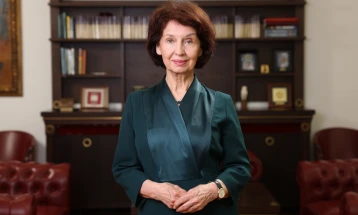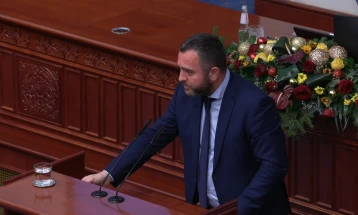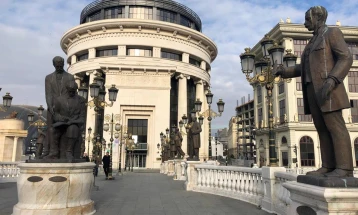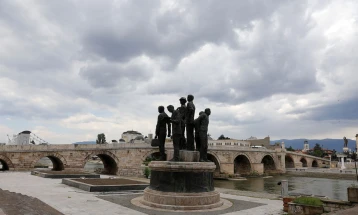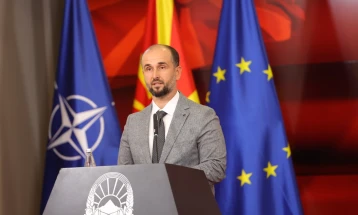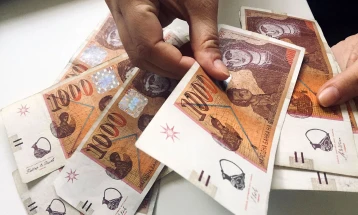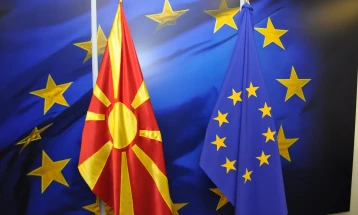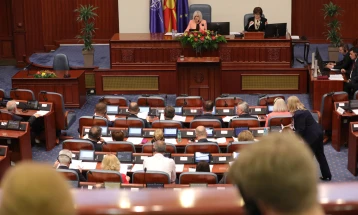Interpellations against Mexhiti, Toshkovski, Iseni, and Dauti to be discussed in Parliament on Jan. 10
- Parliament Speaker Afrim Gashi during Thursday’s press briefing, said that interpellation motions submitted against First Deputy PM Izet Mexhiti, Deputy PM and Minister of Community Relations Ivan Stoiljkovikj, Interior Minister Panche Toshkovski, Deputy Interior Minister Astrit Iseni and MP and Chair of the Parliamentary Committee on Social Policy, Demography and Youth, Ilire Dauti, are expected to be discussed at a plenary session planned for January 10 next year.
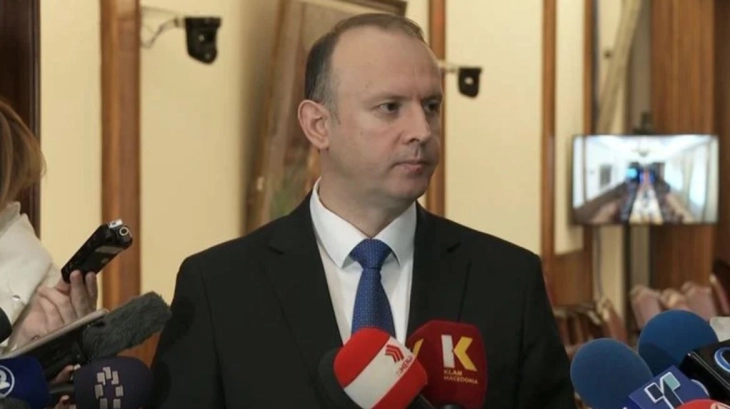
Skopje, 26 December 2024 (MIA) – Parliament Speaker Afrim Gashi during Thursday’s press briefing, said that interpellation motions submitted against First Deputy PM Izet Mexhiti, Deputy PM and Minister of Community Relations Ivan Stoiljkovikj, Interior Minister Panche Toshkovski, Deputy Interior Minister Astrit Iseni and MP and Chair of the Parliamentary Committee on Social Policy, Demography and Youth, Ilire Dauti, are expected to be discussed at a plenary session planned for January 10 next year.
“The first session is expected to be held in early January, and will be focused on the interpellation motions. We expect it to take place around January 10, although it has not yet been formally scheduled. The interpellations will be put on the agenda according to the Rules of Procedure. If responses come in, they will be added to the agenda as they are received; otherwise, they will be added according to the order in which they were submitted. We will operate in compliance with the Rules of Procedure. Each interpellation is discussed for an entire day, depending on the number of speakers. The session can go on, but a vote must be conducted on each interpellation by the end of the day. Each interpellation is debated and voted on separately,” Gashi said.
Gashi emphasized that interpellations do not have any legal consequences or executive power.
“Concerning the impact of interpellations, this instrument has no legal consequences and no executive power. It is mainly a democratic mechanism used for political discussion about a specific topic or an officeholder, someone appointed or elected by the Parliament,” he stated.
Photo: Video screenshot
